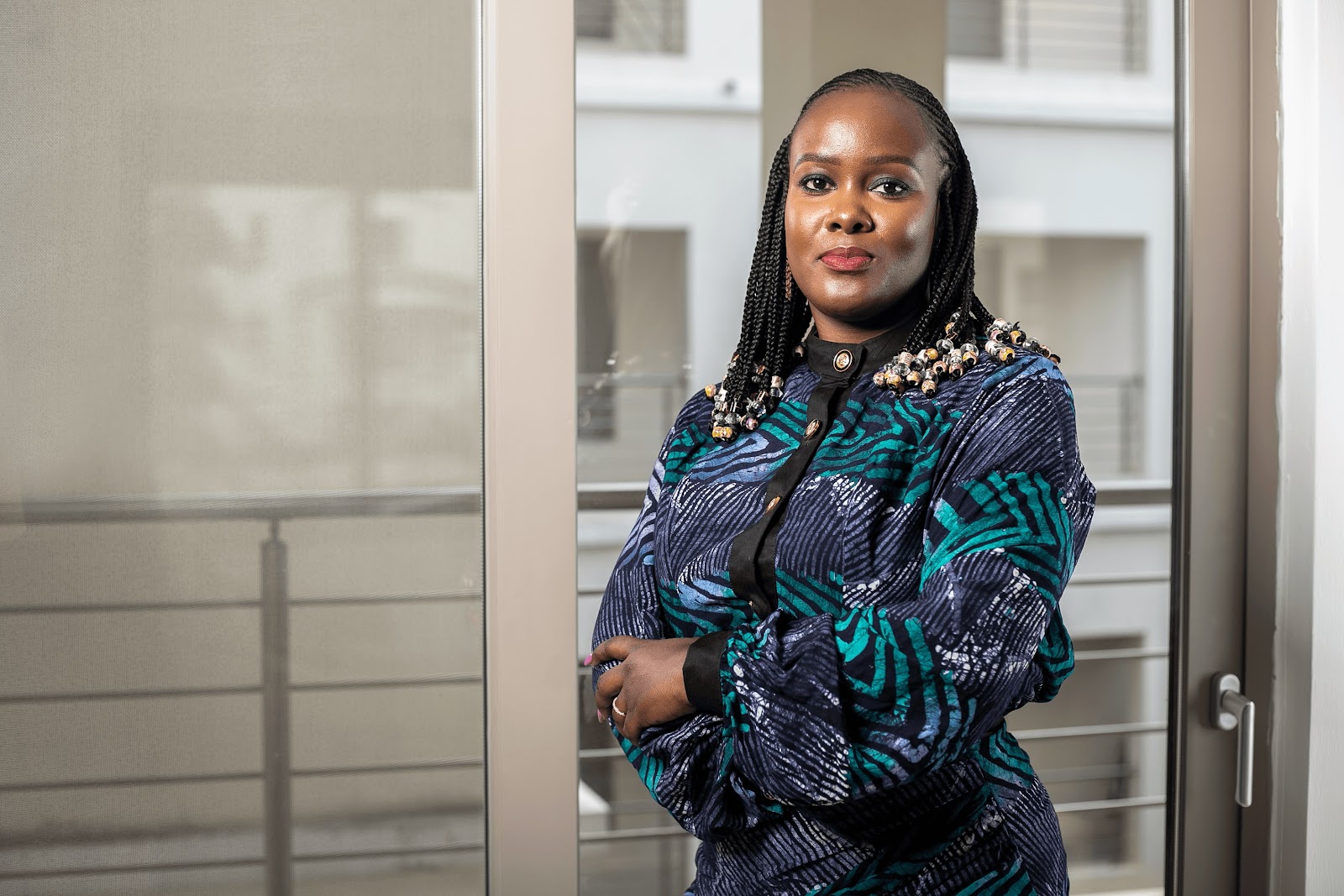On a Friday in September last year (September 20, 2019), most roads in the city of Lagos were on complete traffic lockdown mode following the fall of a petrol carrying tanker along a major highway in the city.

Commuters in the metropolis were stuck on the roads for long hours leading into the early hours of Saturday morning. Many took to Twitter to lament about their experiences with some road users calling it the “worst Lagos traffic ever”.
This is however not a strange phenomenon or a unique occurrence in the city. Terrible traffic situations like that of Friday night happen too often in this city that has over 20 million people and about 1 million registered private vehicles alone.
Traffic in Lagos is generally described as a nightmare, with motorists and road users spending between 2 – 8 hours daily as they commute to and fro work and regular business activities. A 2016 news report on Punchng.com stated that a survey by a Lagos based transport firm, Planet Projects, showed that at least 3 of every 10 years spent in Lagos is lost to traffic.
Some major causes of traffic congestion in Lagos include heavy migration and infrastructure mismatch, bad roads, reckless commercial bus drivers, disregard of traffic rules by private and commercial drivers and a lack of alternative public transportation systems.
Traffic has far reaching impact for the state. It is reported that Lagos loses an estimated ₦42 billion annually due to lost productivity in traffic. Traffic congestion also contributes heavily to a driver’s stress and health. Long hours of exposure to pollution and bad sitting posture also impact on the health and wellbeing of drivers and road commuters alike.
Could a car free day help Lagos
Different cities across the world are testing out the concept of Car Free Day to help mitigate their traffic situations caused by growing population and increasing urbanization of cities.
In Ethiopia for example, a move led by the country’s health minister, Amir Aman, saw thousands of people mark Car Free Day in cities across the country. The idea was to promote healthy living and reduce pollution on roads usually caused by clogged traffic in the cities. It has now become a monthly activity where one day in every month, the roads are free of vehicles and people walk on the roads and take part in exercises and street performers have a spectacular time showing off their skills.
If anything, a Car Free Day in Lagos will help to spark the conversations that could evolve into actions that could make for more equitable use of public roads and spaces in the city.
While initiatives around road management such as non-motorized movements are important and are already being explored, Lagos urgently needs to tackle traffic by expanding its infrastructure to accommodate a functioning waterway or rail transport system. Lagos has a significant waterways network that if properly harnessed could take some stress off its roads.
Imagine the possibility
Imagine living in Oniru and being able to cycle to work on Ajose Adeogun in Victoria Island, with dedicated bicycle and pedestrian lanes replacing most roads along that route as we currently know it. Imagine being able to walk to the Oniru beach and not worry about cars and other vehicles along Ligali Ayorinde leading up to the entrance of the beach.
Imagine attending a food or music festival in Landmark on Corporation Drive and everyone can get there through the waterways from as far as Ikorodu, Badagry and Epe, and guests coming from Lekki are able to connect Victoria Island by a metro line connecting the two areas.
Imagine the entirety of Force Road in Onikan leading up to Tafawa Balawa Square (TBS) transformed into a play zone for children and residents in that neighbourhood. Imagine a metro line that runs from Ojota on Ikorodu Road all the way to Ahmadu Bello Way.
Imagine the possibility of being able to wake up by 7AM in your house in Festac and arriving before 8AM at your office in Opebi, Ikeja. Imagine an underground metro line that runs straight from the Domestic and International wing of the Murtala Mohammed Airport that connects major stops along the Oshodi-Apapa expressway and connects to the metro line from Ojota to Ahmadu Bello Way in Victoria Island.
Imagine the possibility of a traffic-free Lagos, just take a moment and imagine.











































